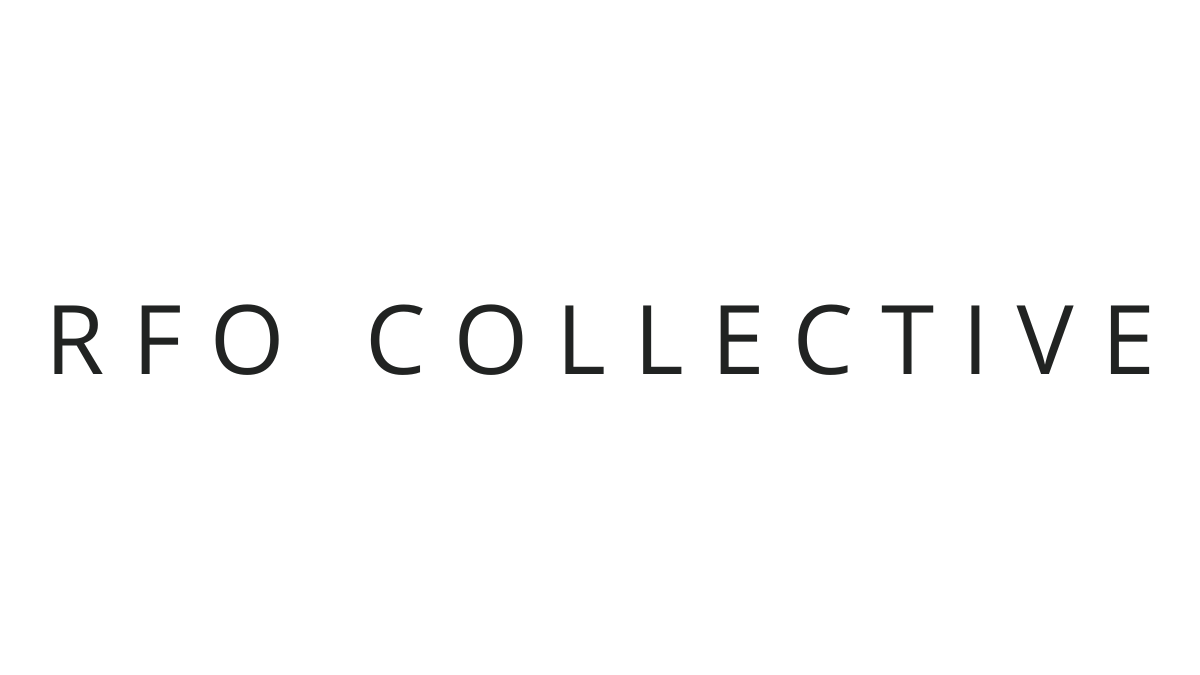"You Made Me Free": A Tale of Friendship and the Fight Against Slavery
The fight against slavery in 19th century America brought together many unlikely allies. Yet, few friendships embodied the power of shared purpose and mutual respect more than the one between Frederick Douglass, the escaped slave turned renowned orator, and William Lloyd Garrison, the fiery white abolitionist editor.
Their initial encounter, in 1841, was a turning point for both. Douglass, a young man three years free from bondage, captivated an anti-slavery convention with his eloquence. Garrison, impressed by the living testament to the horrors of slavery, saw in Douglass a powerful tool for the cause. "He is a wonderful young man," Garrison remarked, "a little rough, to be sure, but wonderfully gifted."
Douglass, in turn, found in Garrison a champion. "The paper [Garrison's The Liberator] took a place in my heart second only to the Bible," Douglass later wrote. Here was a man who dared to call for the immediate and complete abolition of slavery, a radical position even among abolitionists.
Their collaboration flourished. Douglass became a captivating voice for the movement, his firsthand accounts leaving audiences speechless. Garrison, through his influential newspaper, gave Douglass a platform to reach a national audience.
Their friendship wasn't without its challenges. Douglass, yearning for a more active role, chafed at times under Garrison's paternalism. Their views on political strategy diverged. Yet, respect remained the cornerstone. When Douglass disagreed with Garrison's call for the dissolution of the Union, their public debate, though heated, never devolved into personal attacks.
Even after their paths diverged, the impact of their friendship resonated. In his eulogy for Garrison, Douglass acknowledged their differences, but his words resonated with gratitude: "I went to you a slave; you made me free. ... You opened the prison door; you shattered the iron hand of oppression."
The story of Douglass and Garrison reminds us of the transformative power of friendship. It transcends race, background, and even differing strategies. When united by a common purpose, such bonds can amplify voices, shape movements, and leave an enduring legacy. Their story compels us to reflect on the connections we share, to recognize the ways they shape us, and to express appreciation for those who stand beside us in the fight for a just world.

